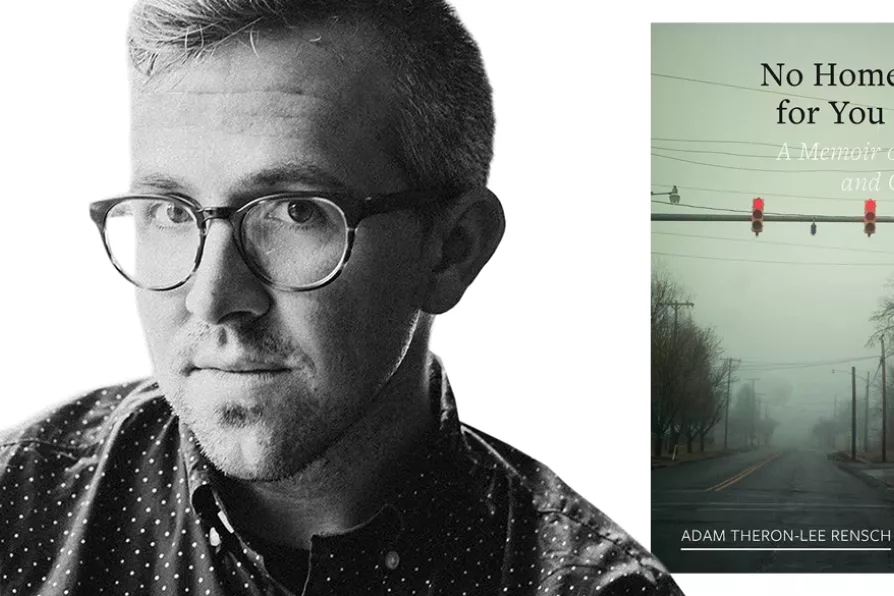DENNIS BROE searches the literary canon to explore why a duplicitous, lying, cheating, conning US businessman is accepted as Scammer-in-Chief

 Adam Theron-Lee Rensch
Adam Theron-Lee Rensch
Can you tell us about the book and why you decided to write it as a memoir?
I was very resistant to writing a traditional memoir, and the first draft of the book included very little personal narrative.
I believe the memoir or “creative nonfiction” genre tends to perpetuate neoliberal narratives that eliminate structural critique in favour of emotional identification. Everything becomes about the writer as an individual: their suffering, their triumph, etc. Who cares about the larger set of social relations that make this possible? What matters is what is moving enough to sell copy. So, I knew I didn’t want to play into this.
At the same time, I realised my life was something of a convenient structure onto which I could hang my critique. I was born in 1984, came of age in the post-9/11 landscape, and internalised the liberal obsession with meritocracy. If I was going to make something of myself, I thought, I had to become educated.

ANDY CROFT rallies poets to the impossible task of speaking truth to a tin-eared politician

MIKE QUILLE applauds an excellent example of cultural democracy: making artworks which are a relevant, integral part of working-class lives

ROS SITWELL reports from the Morning Star conference on ‘Race, Sex and Class Liberation’ last weekend

JON BALDWIN recommends a provocative assertion of how working-class culture can rethink knowledge









